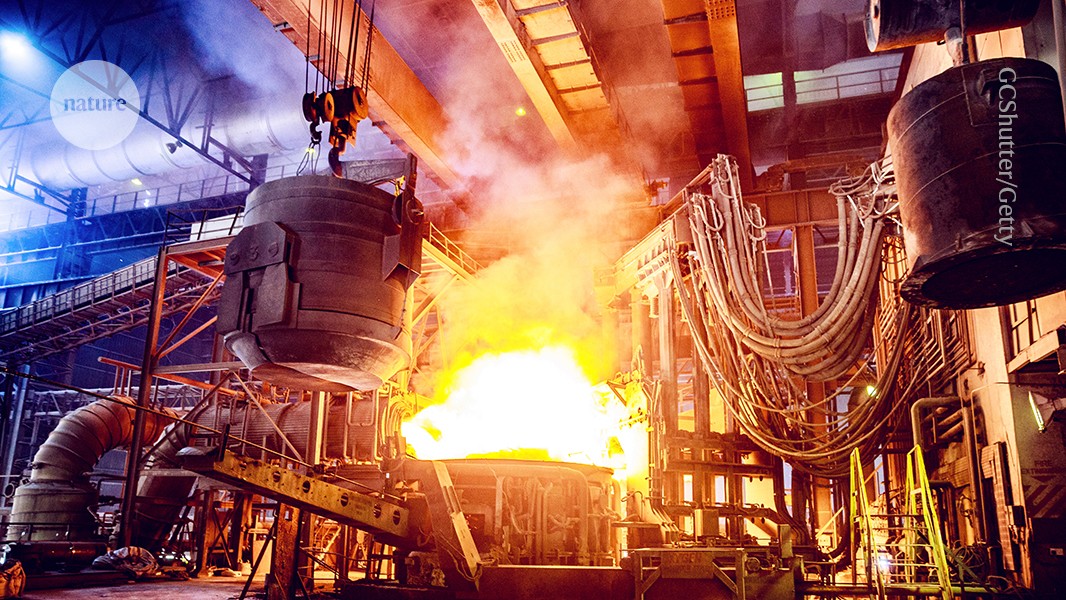
"Metals are at the heart of the global economy, from power generation and storage to transport. But their supply chains face three interlinked challenges: dwindling reserves, rising demand and high greenhouse-gas emissions -. At the current rates of extraction and use, the known reserves of some metals, including copper, nickel and chromium, will only last for the next few decades,. And these rates do not take into account rising demand as the world's population grows and new technologies emerge (see 'Three-part problem')."
"Furthermore, the mining and extraction of most metals, as well as their melting, refining, alloying, casting and shaping, are a large source of greenhouse gases. Steelmaking alone accounts for about 8% of global carbon dioxide emissions, or 3.6�billion tonnes - more than three times what the aviation sector contributes. There are currently no concrete, commonly accepted long-term solutions or implementation plans."
Metals are essential across energy, storage and transport but face three linked problems: shrinking reserves, increasing demand and large greenhouse-gas emissions from extraction and processing. Known reserves of key metals such as copper, nickel and chromium could be exhausted within decades at current extraction rates, which do not account for future population growth and technological demand. Mining, smelting and metal shaping generate substantial emissions, with steelmaking responsible for about 8% of global CO2 (3.6 billion tonnes). No widely accepted long-term implementation plans exist. A coordinated set of five strategies can reduce consumption, improve materials, expand recycling, develop low-carbon production and align policy.
Read at Nature
Unable to calculate read time
Collection
[
|
...
]